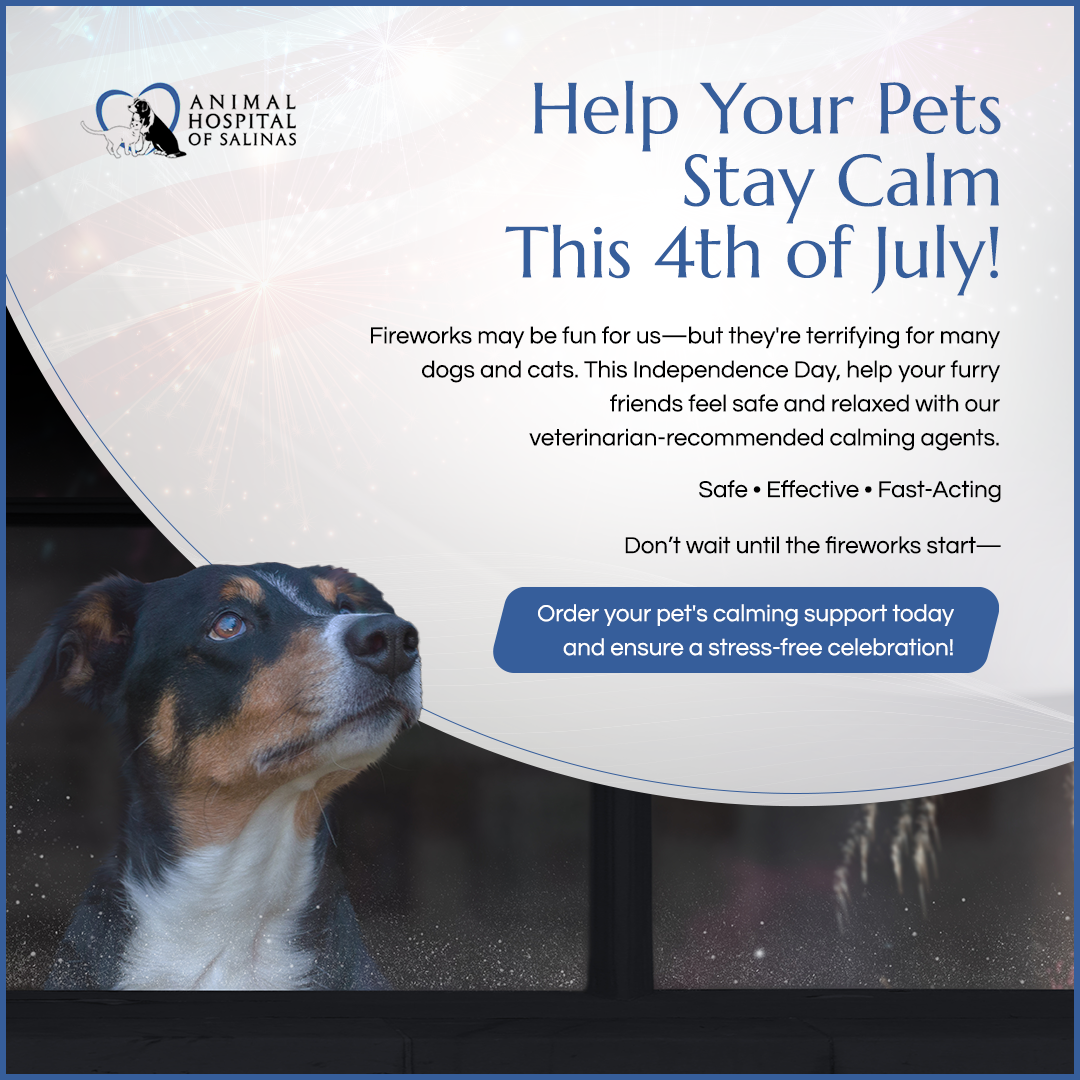

When you adopt a pet, you must understand that your new animal companion depends on you for almost everything. So, it is up to you to give your pets everything they need. Your furry friend will need attention, socialization, best foods, toys, training, comfort, and proper veterinary care, including pet vaccinations.
For your pets to enjoy an active, healthy, and long life, they need up-to-date vaccinations to protect them from infectious diseases. That is an essential part of pet ownership.
What Are Pet Vaccines?
Like humans, pets need vaccines, which may require a booster to maintain their effectiveness. The best way to stay on schedule with vaccinations for your animal friend is to follow your veterinarian’s recommendations.
Vaccines are medical products intended to trigger specific protective immune responses. They prepare the immune system to fight and prevent infections from disease-causing organisms. They stimulate the production of antibodies that identify and eliminate disease-causing agents that enter the body.
Benefits of Pet Vaccines
They provide immunity against one or more diseases or lessen their severity. Some pet vaccines can prevent certain diseases altogether. They protect your animal companions from highly contagious and deadly conditions and improve their overall quality of life. Other reasons to vaccinate your pet include:
Prevention of diseases prevalent in wildlife
Vaccines can help avoid expensive treatments for preventable diseases
Prevention of conditions that can pass from animals to humans and between animals
How Often Do Dogs and Cats Need Vaccinations?
Both kittens and puppies need three rounds of vaccinations within the first three months in the following intervals:
Six to eight weeks old
10 – 12 weeks old
14 – 16 weeks old
They should then get an annual booster shot for the rest of their lives.
How Pet Vaccines Work
Animals receive antibodies through their mother’s milk. These antibodies help protect them from various illnesses. Pet vaccines help build the immune system so puppies and kittens can safely live without their mother’s milk.
Over time, your veterinarian will deliver multiple vaccine shots to build up your pet’s immune system. The purpose of spacing out the vaccine schedule is to improve the immune system’s memory response. It takes up to two weeks for the final booster shot to be effective. So, it would be best if you waited before taking your pet out for a walk to minimize the risk of your furry friend catching anything harmful.
Risks Associated with Pet Vaccines
Any type of medical treatment comes with some associated risks. However, you should weigh potential risks against the benefits of protecting your animal friend, your loved ones, and the community from potentially deadly diseases. That said, most pets respond well to pet vaccinations.
Pet vaccinations are very effective at decreasing the severity of clinical symptoms or preventing future diseases. However, you must follow your veterinarian’s instructions and schedule to reduce the risk of a gap in protection.
For more on pet vaccinations, visit Animal Hospital of Salinas at our Salinas, California office. Call (831) 346-0600 to schedule an appointment today.








